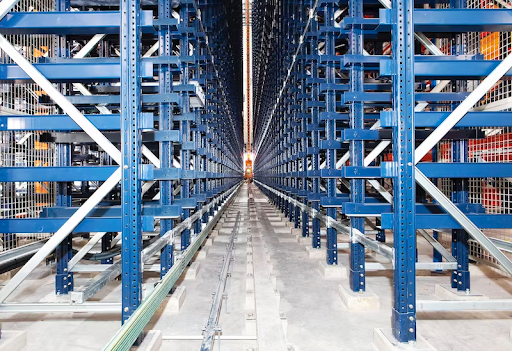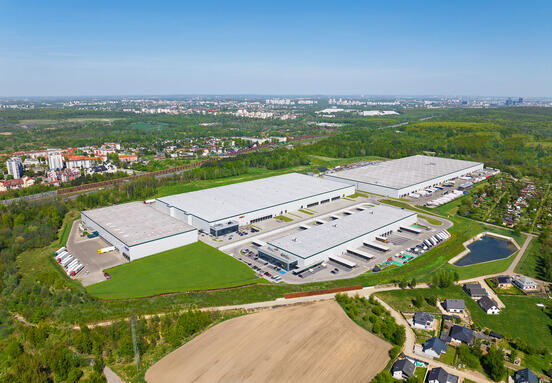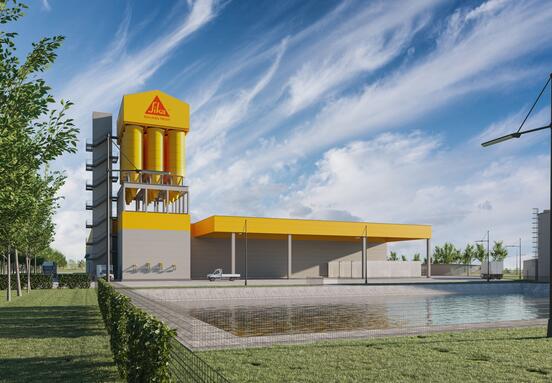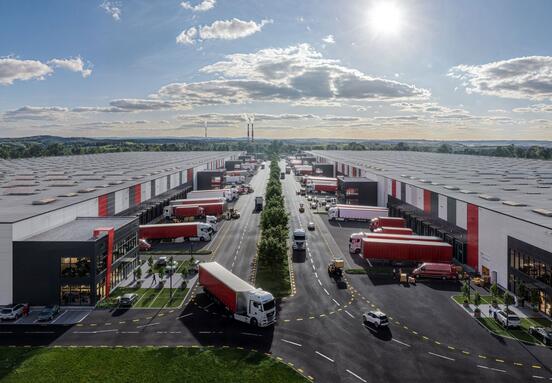Warehouse Classification
The classification of warehouses is extremely important because it allows us to understand how different types of warehouses perform different functions in the supply chain. In general, warehouses can be divided into five main categories: public, private, commercial, industrial and specialized.
- Public warehouses are available to all companies that need space to store their products. They are usually operated by logistics companies that optimize the flow of products.
- Private warehouses are owned and managed by specific companies to store their products. They allow for greater control over inventory but also require greater investment.
- Commercial warehouses are used by trading companies to store products before they are sold. They are often equipped with specialized equipment to effectively manage the product mix.
- Industrial warehouses are used to store raw materials, and semi-finished or finished products in sectors such as manufacturing, energy, or mining.
- Specialized warehouses are designed to store specific types of products, such as chemicals, food, or medicines. They require special conditions, such as temperature or humidity control.
Types of Warehouses
Within the above classification, there are many different types of warehouses that meet specific business requirements. Here are some examples:
- Cross-docking warehouse involves moving goods directly from an incoming shipment to a sorting facility and then to an export vehicle, minimizing the need for storage.
- Seasonal warehouses are used to store products that are sold only at certain times of the year.
- Distribution centers are large warehouses that serve as the main storage points for products before distribution to smaller stores.
- Automated warehouses use advanced technologies, such as robotics and artificial intelligence, to automate warehouse processes.
- Refrigerated warehouses are used to store products that require low temperatures, such as food and medicines.
Different types of warehouses perform different functions depending on the company's specific business. Choosing the right type of warehouse is crucial to optimizing the supply chain and achieving operational efficiency.








